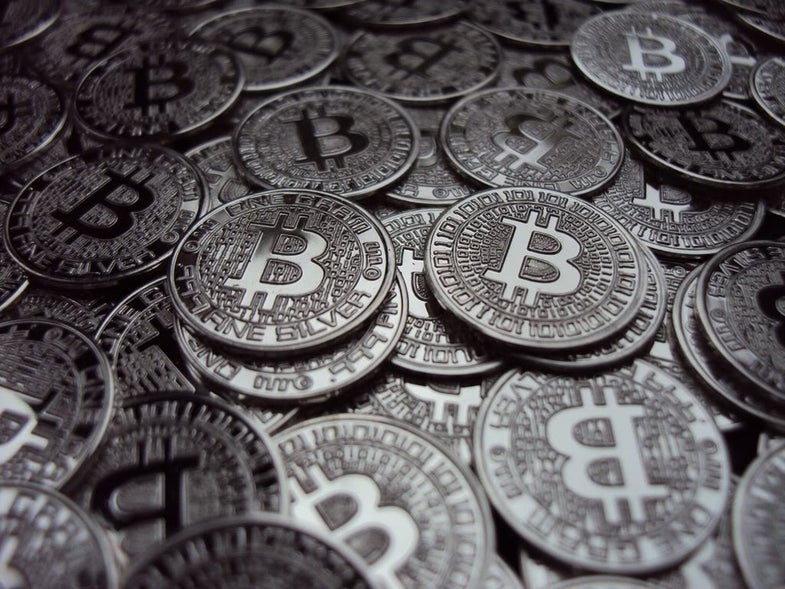Craig Wright Says He Created Bitcoin, But The Truth Is Unclear
I am Spartacus

Allegations and admittances are once again circling about the identity of Satoshi Nakamoto, the alias of the unknown creator of Bitcoin. The Economist, BBC, and GQ have all reported that Craig Wright, who has been previously accused of being Satoshi, is claiming that he is indeed Bitcoin’s creator. Wright himself has even published a long blog post, where he waxes poetic about Jean-Paul Sartre and thanks his many supporters.
“If I sign Craig Wright, it is not the same as if I sign Craig Wright, Satoshi,” he writes, twisting Sartre for his own means.
But the dust is nowhere near settled on this debate. Bitcoin and security researchers are furiously blogging their efforts to confirm or denounce Wright as the real Satoshi, and coming to mixed results.
Security researcher Dan Kaminsky was unable to verify the signature that Wright provided, but then later updated his post saying it worked with a different version of software. Reddit is on its usual tear, claiming that the signature provided is bunk. Blogger and Starfighter CEO Patrick McKenzie posted on GitHub that his attempts to verify the signature failed.
“Wright’s post is flimflam and hokum which stands up to a few minutes of cursory scrutiny, and demonstrates a competent sysadmin’s level of familiarity with cryptographic tools, but ultimately demonstrates no non-public information about Satoshi,” McKenzie writes.
To many familiar with Bitcoin, the most puzzling detail is the endorsement of Gavin Andresen, chief scientist at the Bitcoin Foundation. Andresen claims to have communicated with Satoshi in 2010 and 2011, and was convinced that Wright was the person behind those messages after being flown to meet him in London.
Part of the time the two spent together was “a careful cryptographic verification of messages signed with keys that only Satoshi should possess,” Andresen said, although that verification has proven to be unreliably replicated.
In a Reddit post this morning, Andresen explains how the verification worked.
“Craig signed a message that I chose (“Gavin’s favorite number is eleven. CSW,” if I recall correctly) using the private key from block number 1. That signature was copied on to a clean usb stick I brought with me to London, and then validated on a brand-new laptop with a freshly downloaded copy of electrum. I was not allowed to keep the message or laptop (fear it would leak before Official Announcement),” he wrote.
Short of Wright releasing more concrete evidence that he is Satoshi, the debates will continue. We’ll update this article with any other revelations, but the big takeaway from the news is to stay suspicious, because blockchains are still falling into place.